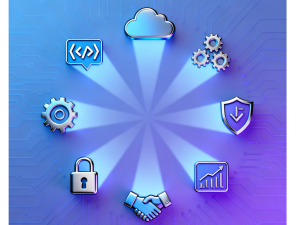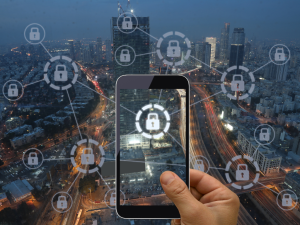Online exams were meant to make life easier. No long commutes to test centers. No strict invigilators pacing the room. Just you, your screen, and the test.
But in 2025, even that solitude feels crowded.
Thanks to the rise of AI proctoring—where algorithms track eye movement, sound, browser activity, and more—students say they’re more anxious than ever. It’s not just about passing the test. It’s about not blinking wrong, sneezing too loudly, or glancing away from the screen.
So, what happened to stress-free studying? Let’s dig into what’s going on.
What Exactly Is AI Proctoring?
AI proctoring is an automated system that watches students during online exams. It uses:
- Facial recognition to confirm identity
- Eye-tracking to ensure you’re not looking off-screen
- Keystroke monitoring to catch unusual typing patterns
- Microphone access to detect talking or background noise
- Browser lock-downs to prevent tab-switching
Sounds high-tech? It is. But it also sounds… intense.
The Rise of the ‘Always-Watched’ Feeling
For students, the biggest shift isn’t technological—it’s psychological.
“It feels like I’m being treated like a suspect before I even start,” said one student in a Reddit thread about AI proctoring.
In a recent survey by EdTech Monitor, 72% of students said AI-invigilated exams made them more anxious than in-person tests. The constant monitoring, unexpected alerts (like “Face Not Detected” or “Suspicious Movement”), and unclear flagging systems create a perfect storm for performance anxiety.
What If You Look Away to Think?
Here’s where it gets tricky. Some students naturally look up, sideways, or down when recalling information. Others may have ADHD or anxiety, which can affect focus or behaviour. AI doesn’t always account for this.
The result? Flags. Reports. Doubts.
Even if no cheating happens, flagged incidents can damage student trust. Some even avoid online
exams altogether.
Privacy Concerns: Who’s Watching You, Really?
AI proctoring tools often require full access to your:
- Webcam
- Microphone
- Screen
- Location
- Network traffic
This raises valid questions:
- Where is this data stored?
- Who can access it?
- How long is it kept?
- Can it be misused or hacked?
Transparency from edtech companies varies. And many students (and parents) are justifiably nervous.
Are Schools Listening?
Thankfully, yes—some are. A growing number of institutions are reviewing their reliance on automated proctoring. They’re shifting toward:
- Open-book assessments
- Timed but unmonitored exams
- Project-based evaluations
- Plagiarism checks instead of surveillance
These changes aren’t just about easing stress. They recognize that trust, critical thinking, and real-world skills matter more than policing every click.
Striking the Right Balance
Academic integrity matters. No one’s denying that. But it’s also true that:
- Learning happens best when students feel safe
- Over-surveillance breeds resentment, not respect
- Tech should support students—not scare them
So what can educators and edtech companies do?
✅ Be transparent. Explain how the AI works and what gets flagged.
✅ Offer alternatives. Let students opt for in-person or project-based assessment if possible.
✅ Focus on learning. Prioritize demonstrating knowledge, not just catching rule-breaking.
✅ Update the tech. Ensure tools are inclusive and account for neurodiverse learning styles.
A Final Word to Students
If you’re feeling the pressure from AI proctoring, you’re not alone. Talk to your instructors. Ask about alternatives. And remember: your mental health matters just as much as your exam score.
The future of learning should feel empowering—not like you’re trapped in a sci-fi episode.





